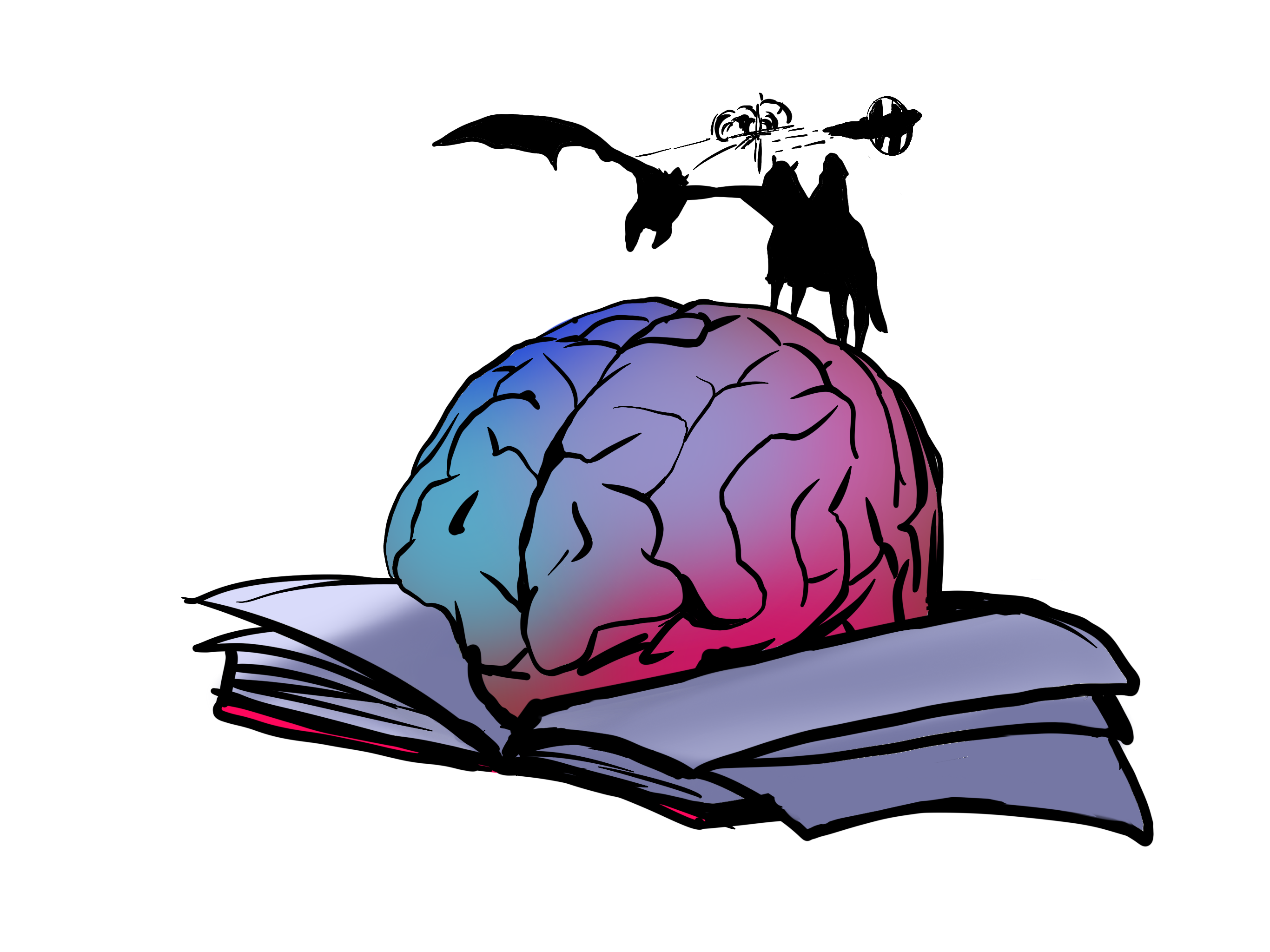Reading fiction can help improve creativity
As students, we are forced to read numerous academic papers, textbook chapters, novels, etc. that we normally would not even think to recreationally. Seventeen years of this can taint the experience of reading, and can cause you to form a prejudice against any book you could potentially enjoy.
But reading due to interest rather than being forced to do so is much more useful than one would think. In particular, reading fiction can increase brain function. Despite this, a Pew survey discovered that 42 percent of college graduates never read a book again after graduation. Paired with an increasing level of technological integration in the world we live in, this number is sure to continue to grow.
According to Psychology today, the area in the brain that is affected by reading and learning from a novel is the left temporal cortex. This area is associated with language and embodied cognition. An example of embodied cognition would be visualizing yourself playing a sport, such as football or basketball, which can potentially activate neurons in this area of the brain that is associated with the physical act of playing those sports.
Neuroscientist Gregory S. Berns had said in regard to a study he led on the subject that, “the neural changes that we found associated with physical sensation and movement systems suggest that reading a novel can transport you into the body of the protagonist.” This is essentially the main function of reading fiction. Despite learning potentially important lessons about the world through the author’s eyes, it is a literal mental escape and allows those who read it to dive into another world.
I first found myself experiencing embodied cognition while reading “The Catcher in the Rye” by J.D. Salinger. I began to imagine every detail that Holden Caulfield, the protagonist, encountered and experienced. I thought about his school uniform, what his school looked like, what he looked like, and many other things. I began to imagine how Holden would react to situations that my life contains, while simultaneously submersing myself into the pages of the book, wondering what I would have done differently.
When he was punched in the gut, so was I. When he was braving the cold nights of New York City, so was I. The lessons I learned in that book are still with me today and I remain grateful for the perspective they have given me. All it takes is one book to change the way you think about things and to fuel your creative brain.
While I speak highly of “The Catcher in the Rye,” the one book I consider the catalyst was “Cat’s Cradle” by Kurt Vonnegut. I generally only read when a grade was involved, thus hindering the experience of reading. However, “Cat’s Cradle” was my “one book,” though. The plot begins with a journalist trying to interview the fictitious father of the atom bomb, and ends with a catastrophic yet unnatural disaster, ending the world as these characters knew it. With every twist and turn of the plot, I found myself right next to the protagonist, Jonah. I implore all of those who read this to go out there and find your very own “one book.”

